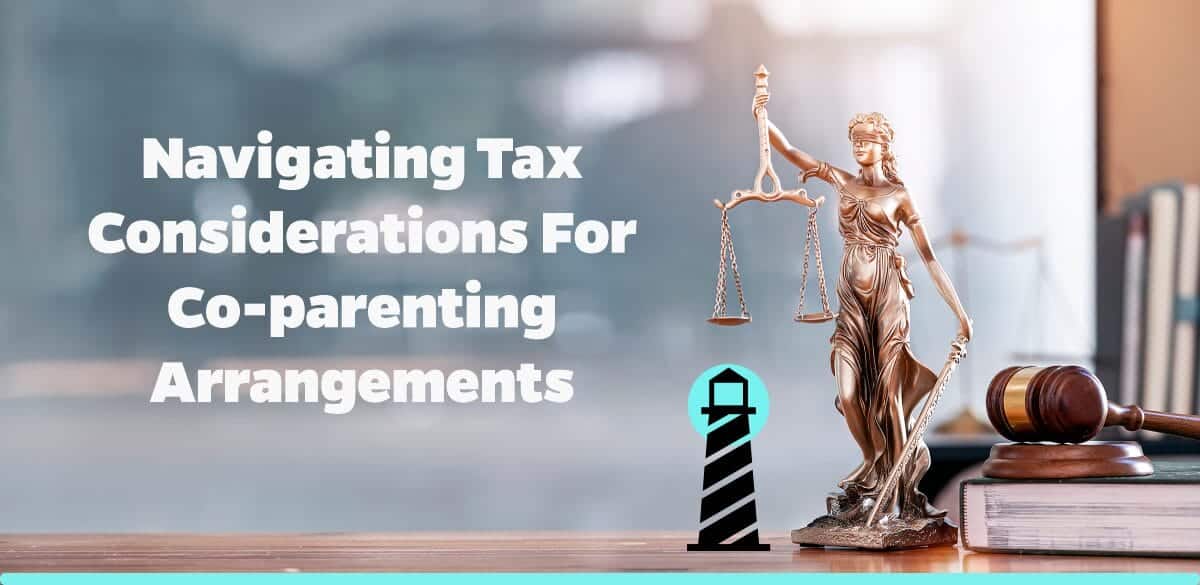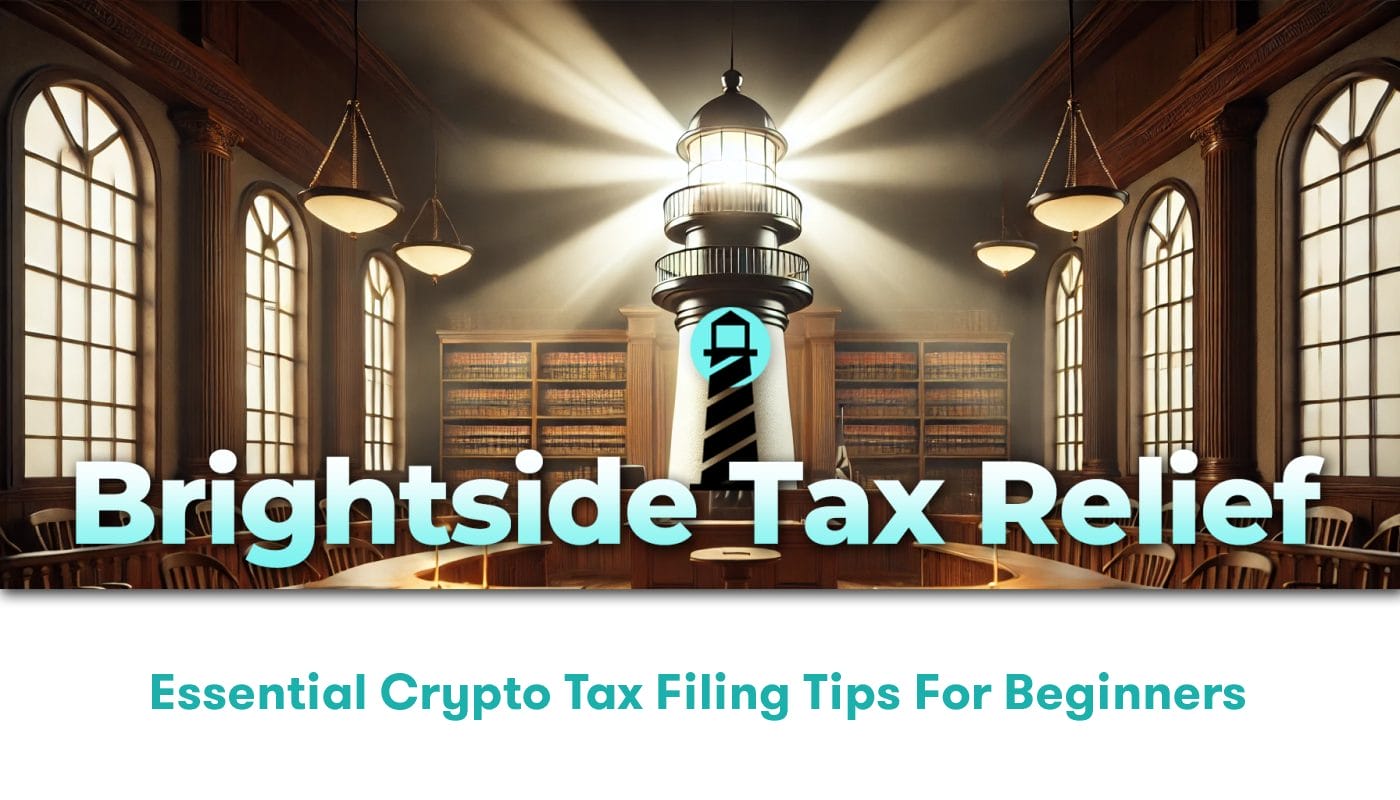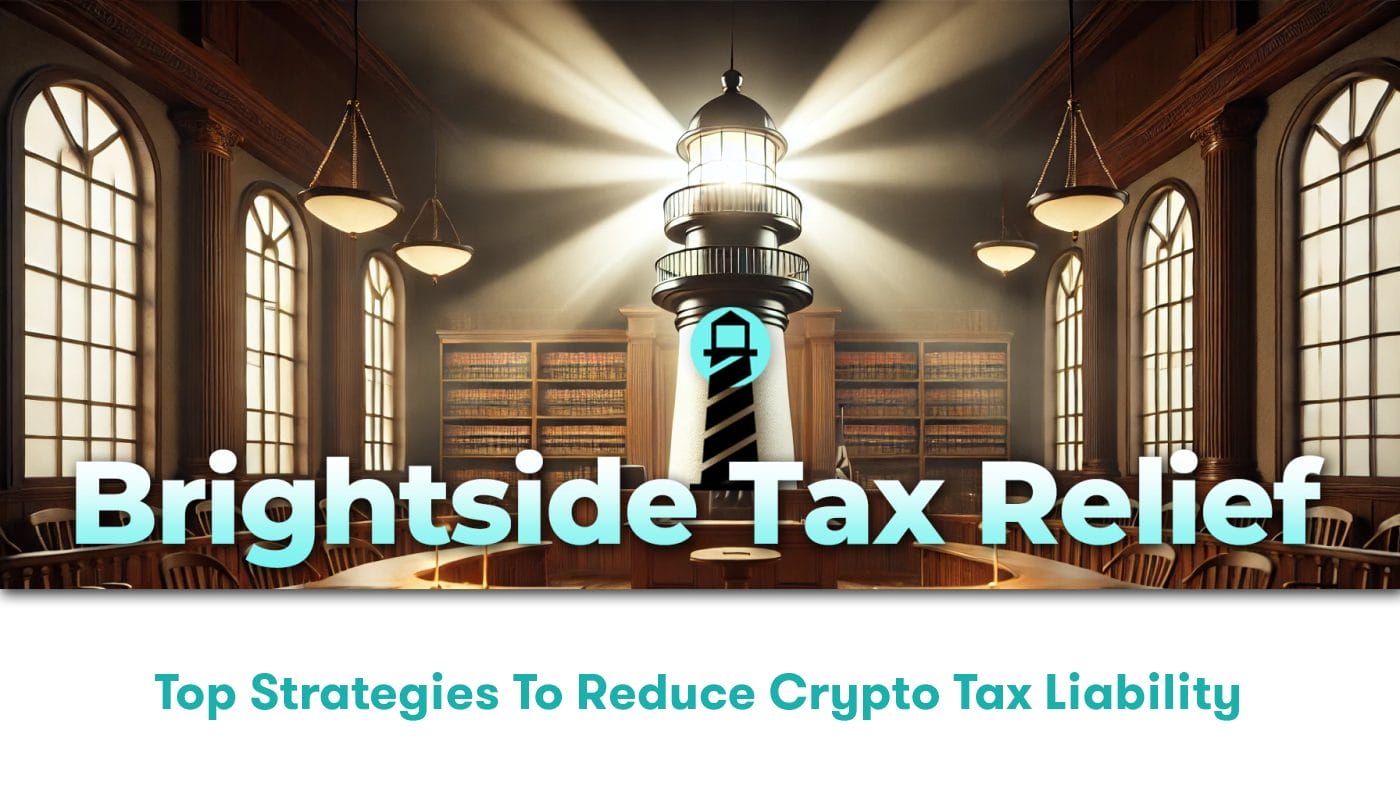Navigating the Choppy Waters of Co-Parenting Tax Considerations
Divorce or separation brings about a vast array of adjustments. Among these challenges is the steep learning curve of co-parenting. For new co-parents, this might seem overwhelming; however, Brightside Tax Relief is here with the help you need. One particular area that can pose a daunting challenge is understanding and navigating co-parenting tax considerations. We aim to shed light on this aspect of co-parenting, provide useful insights, and help you understand your tax obligations. We believe that with the right knowledge at your disposal, you are well-equipped to avoid dire scenarios that could adversely influence your financial situation.
Taxation Areas to Consider in Co-parenting
Co-parenting not only involves sharing parenting responsibilities but also necessitates equitable economic contribution from both parents. The IRS recognizes this and provides specific tax regulations for co-parenting arrangements. Here are several pertinent taxation areas to look into:
Child Dependency Exemptions
Formerly, parents could claim child dependency exemptions on their tax returns. However, after the Tax Cuts and Jobs Act of 2017, personal and dependency exemptions were suspended until 2025. Nevertheless, it is important to understand that the parent who receives the child tax credit will qualify to claim other child-related deductions and credits.
Child Tax Credit
The Child Tax Credit is offered to parents of children under the age of 17 by the end of the tax year. For a co-parent to claim this tax credit, not only does the child need to be living with them for more than six months per year, but the parent should also provide more than half of the child’s support. An essential factor to note is that only one parent can claim the Child Tax Credit for any given tax year.
Head of Household Filing Status
Co-parents could be eligible to use the Head of Household filing status, which offers better tax rates and a higher standard deduction compared to filing as Single or Married Filing Separately. Qualifying necessities include the care of the child for more than half of the year and providing over half of the household costs.
Child and Dependent Care Credit
This tax credit is specifically designed for working parents who pay someone to care for their qualifying child. It can be beneficial for co-parents, but only those who have custody of the child can claim it, regardless of who incurred the expenses.
Brightside Tax Relief always advises co-parents to consult with tax professionals to make the most of these tax benefits. The IRS provides comprehensive resources on Co-parenting Tax Considerations for more information.
Developing A Co-parenting Agreement
Having a strong co-parenting agreement is essential. This agreement, which outlines custody schedules and other parenting specifics, can also include arrangements about who claims the child on taxes each year. Before setting these considerations in stone, it’s beneficial for both parties to have thorough taxation knowledge and consult tax professionals.
Communication is Key
Open communication between co-parents is crucial for successful co-parenting and minimizing tax-related conflict. Discuss and make tax arrangements well in advance of tax season to avoid misunderstandings that could lead to financial and legal implications.
Frequent Re-evaluation
Tax laws often change, and so do personal circumstances. What worked the previous year might not work for the next. It’s crucial to review your co-parenting tax approach annually to ensure it still best suits your family’s needs and complies with current tax law.
Seek Professional Guidance
The information contained in this article is intended to provide a broad snapshot of co-parenting tax considerations and is not exhaustive. Navigating tax-related matters can be complicated, depending on your specific situation. Professional advice is invaluable in such scenarios.
Final Thoughts
Co-parenting brings along new responsibilities, challenges, and, indeed, opportunities. It’s essential to keep updated, especially in matters relating to tax obligations. The right approach and utilization of available resources can help ensure you make the best decisions for your family’s well-being and financial stability.
At Brightside Tax Relief, we’re committed to providing you with crucial tax insights and updates. Remember, you’re not alone in this journey – we’re here every step of the way to make your path to successful co-parenting a bit smoother.






